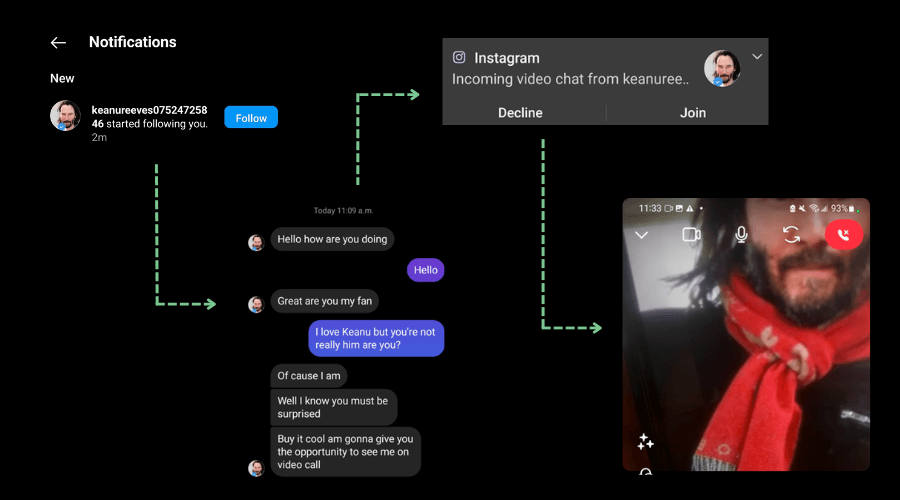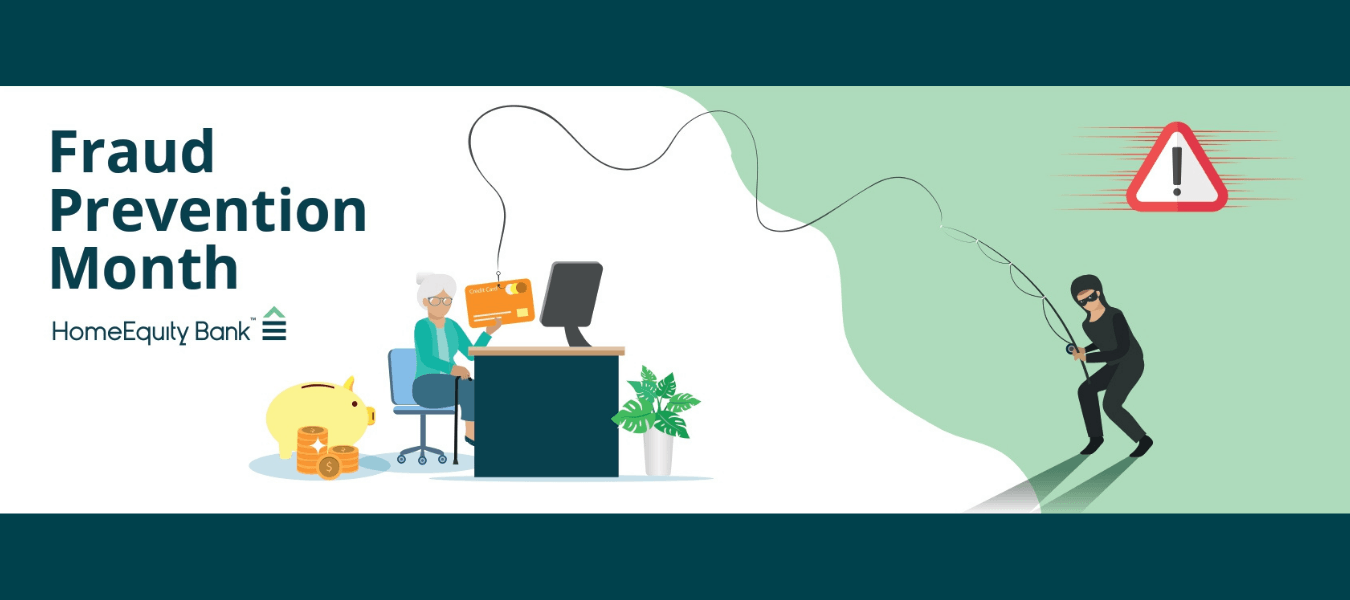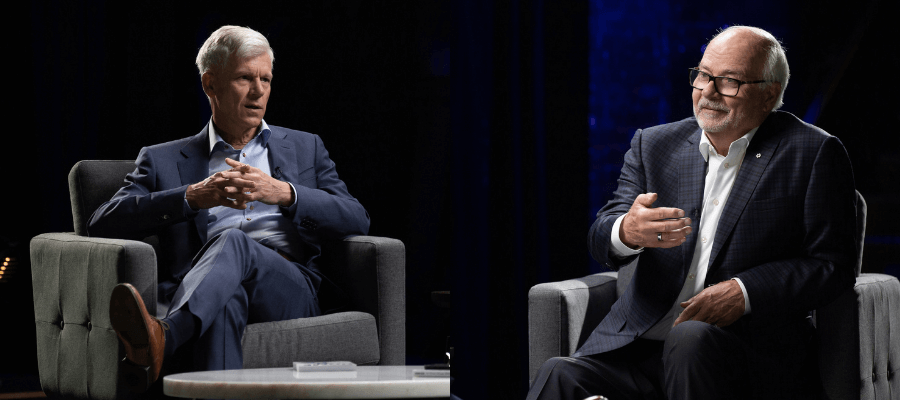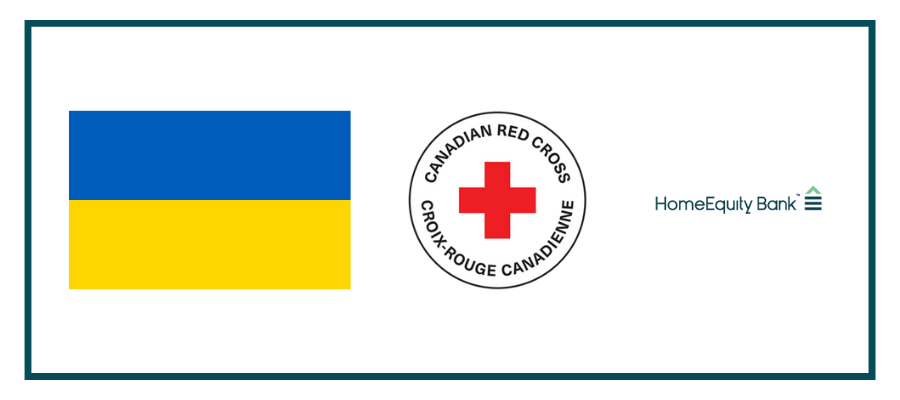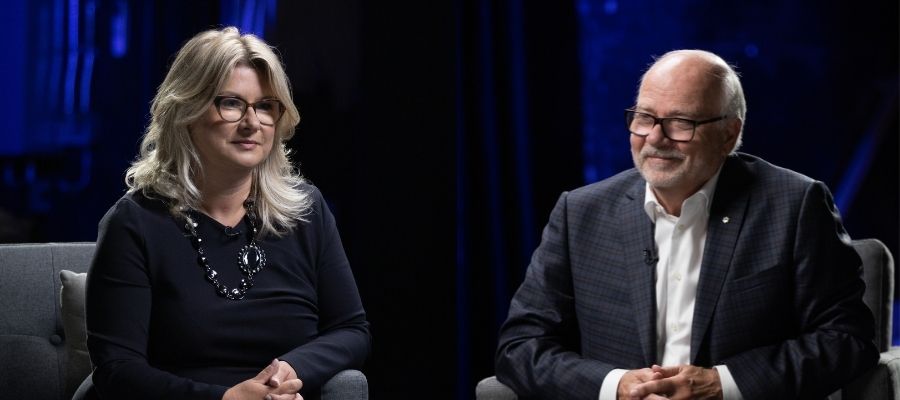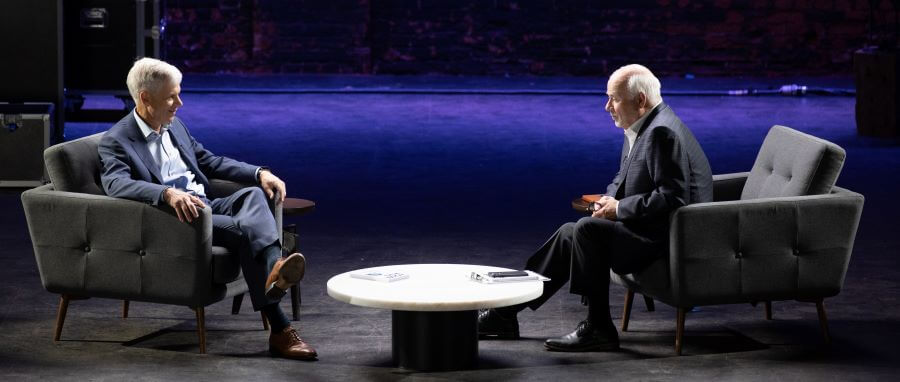By Yvonne Ziomecki
COVID-19 is most dangerous for those 65 and up, and that’s a big portion of Canadians. As of 2018, 15% of Canadians were 65 and older, and 29% were baby boomers just hitting retirement age, according to Statistics Canada.
If it’s not terrible enough that the coronavirus poses deadly risks to this vital demographic, the global pandemic is also fuelling ageism. Some are making appalling jokes about their vulnerability or, worse, suggesting they’re disposable as part of efforts to get the economy back on track.
This is unconscionable. And it shows that older generations need us now more than ever. It’s imperative that we do whatever we can to honour and assist them through this frightening time.
At HomeEquity Bank, our clients are Canadians 55 and older. We understand them and we care about them, so much so that our teams have been personally checking in on them. We’re calling our customers to ensure they’re doing OK, including asking them if they have enough supplies and even if they’ve watched any good TV shows lately. They’ve told us they appreciate our calls, and we are honoured to be making them.
And so we know there are many special considerations businesses and brands must keep in mind when serving this demographic throughout the pandemic.
It’s not simply a matter of opinion — we’ve done research with partners at Brainsights, a neuroscience research firm, that uncovered some important findings. Brainsights used EEG technology to examine unconscious reactions to various movie trailers, ads and news segments, measuring participants’ brain activity.
Our resulting study, Exposing the Unconscious Age Bias in Media, yielded a treasure trove of information for companies that serve those over 55.
Here are some that will be particularly useful for any brand or company right now:
- They’re fed up with ageism. They’re tired of being depicted as confused and unable to do things on their own, and are annoyed when they see that kind of tired advertising trope. And despite common myths, they are largely tech-savvy.
- They consider themselves empowered with or without whatever you’re trying to sell them, and expect you to treat them with respect.
- They intensely dislike the words “senior” and “elderly.” Almost 80% reported they don’t want to be called “seniors.” Nearly 30% preferred no label at all.
- They justifiably see themselves as adventurous, energetic and capable, far from frail or bumbling — which means you should never portray or treat them that way.
- They enjoy generation-specific nostalgia, so don’t hesitate to remind them about their nights at the disco in the 1970s, for example. A fond look back can ease anxiety and uncertainty about what life has in store for them, especially right now.
- They feel a sense of pride in being able to pass along their wisdom, knowledge and expertise to their adult children. So don’t hesitate to use marketing campaigns that emphasize their parental legacy.
- They don’t want to be overloaded with too much information. Ageing is a continuum; science proves our brains process things differently as we age. So focus on how much information you’re trying to convey when providing a service, and do so in digestible, comprehensible chunks.
It’s time for all of us to rally around this important demographic of Canadians right now, and to treat them with the care and dignity they’ve earned — and deserve. Do what you can to help those 55 and up in your own lives, and if you’re in a business that serves them, please make respect your No. 1 priority.


